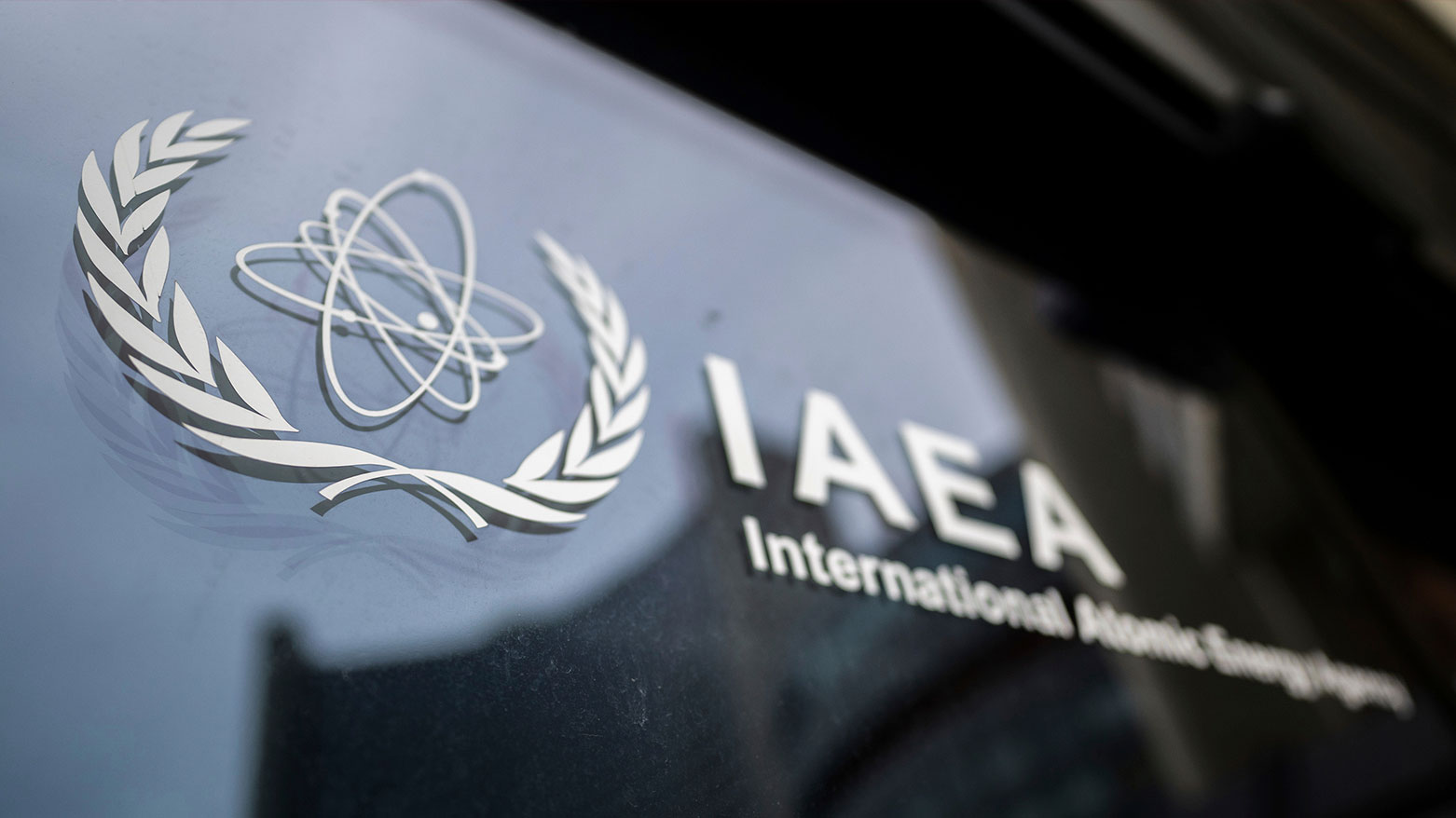‘Urgently Needs to be Addressed’: IAEA Loses Track of Iran's Enriched Uranium
The IAEA reports it cannot verify Iran's stockpile of 440kg uranium enriched to 60% since June's Israeli strikes. Director General Rafael Grossi stated the situation "urgently needs to be addressed" despite no current enrichment activity.

ERBIL (Kurdistan24) – The United Nations nuclear watchdog has not been able to verify the status of Iran’s near-weapons-grade uranium stockpile since Israeli strikes on its nuclear facilities during the 12-day war in June, according to a confidential International Atomic Energy Agency (IAEA) report circulated to member states and obtained by the Associated Press.
The IAEA report stated that the situation regarding the highly enriched material “needs urgently to be addressed,” underscoring growing concerns about the lack of on-site verification since the attacks that targeted Iran’s Fordo, Natanz, and Isfahan nuclear sites.
According to the agency’s last published assessment in September, Iran possessed 440.9 kilograms of uranium enriched up to 60% purity—just a short technical step from the 90% threshold required for weapons-grade material. IAEA Director General Rafael Mariano Grossi has warned that such a stockpile could, in theory, be sufficient to produce up to 10 nuclear bombs, should Iran ever decide to weaponize its program.
In an interview with the Associated Press at the UN headquarters in New York, Grossi said that while Iran does not appear to be actively enriching uranium, recent movement has been detected around nuclear sites via satellite monitoring.
“The nuclear material enriched at 60% is still in Iran,” Grossi said. “We need to go back there and confirm that the material is there and it’s not being diverted to any other use. This is very, very important.”
He added that inspectors currently rely heavily on satellite imagery, as physical access to the facilities remains restricted. “It would be incorrect to say they are denying us access,” Grossi noted. “But it would be equally wrong to assume that everything is fine.”
Despite the lack of enrichment activity, the IAEA’s inability to confirm the physical status of the uranium has heightened concerns among Western states, which continue to press Tehran to fully restore cooperation with the agency.
The developments come after Iran and the IAEA signed an agreement in Cairo last month aimed at resuming cooperation and relaunching inspections of Iranian nuclear sites. However, the agreement has not yet been implemented.
Iran halted all cooperation with the IAEA following the June conflict with Israel, during which U.S. airstrikes also hit several Iranian nuclear facilities. Former U.S. President Donald Trump later claimed the strikes “obliterated” Iran’s nuclear program, while early intelligence reports indicated that although the attacks caused significant structural damage, they did not destroy the key enrichment facilities.
CIA Director John Ratcliffe later told lawmakers that the strikes destroyed Iran’s lone metal conversion facility, a major setback that would take years to repair, but added that most of the enriched uranium remained buried under rubble at the Isfahan and Fordo sites.
The June war marked the first direct Israeli military strike on Iranian nuclear sites in two decades, following an IAEA Board of Governors vote to censure Iran over its noncooperation. Tehran accused the IAEA of colluding with Israel and the U.S., while Iranian state media and officials called for the arrest and trial of Rafael Grossi if he ever returned to the country—a threat that led Austrian police to place the UN nuclear chief under special protection.
Grossi said the conflict “set back years of progress” between the IAEA and Iran, coming just as the agency was about to gain access to a third enrichment site in Isfahan. He confirmed that there is no active operation currently taking place there.
Following the Cairo agreement, a new round of UN sanctions was reimposed on Iran after European parties to the 2015 nuclear deal accused Tehran of failing to comply with its obligations and breaking off peace negotiations with Washington.
The “snapback” of sanctions has further strained relations between Tehran and the IAEA. However, Grossi confirmed that inspectors remain present inside Iran and that he is in “constant contact” with Iranian Foreign Minister Abbas Araghchi, even as cooperation remains partial and inconsistent.
“Iran’s program has not accelerated,” Grossi said. “But without full access and verification, we cannot be certain that all the enriched material remains accounted for. The situation demands urgent resolution.”